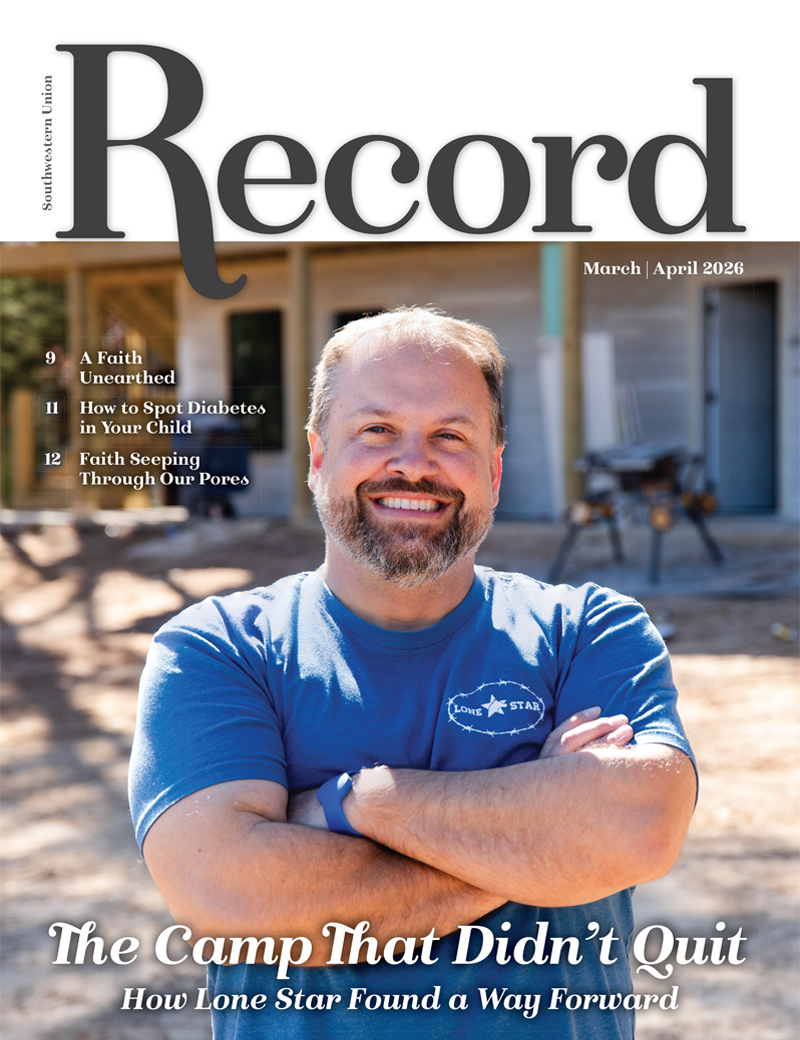Get and Stay Moving

The Word of God teaches us to honor God with our bodies. He gave us the responsibility of caring for our bodies, which are temples of the Holy Spirit. This includes eating healthfully, getting enough rest and being physically active, among other things. God desires us to enjoy exceptional physical, spiritual and mental health; physical activity plays a crucial role in this.
Research shows that adopting a physically active lifestyle leads to positive physiological changes that reduce the risk of morbidity and mortality. Lesser-known benefits of physical activity include increased bone density; improvement in mental health; preservation of brain structure and function; decreased fall risk and reduction in the risk of certain cancers.
Risk of Inactivity
Physical inactivity plays a major role in the development of many chronic, debilitating conditions, including cardiovascular disease and Type II diabetes. The World Health Organization has called physical inactivity an urgent public health priority. It is the fourth leading risk factor for death worldwide. In the United States, 80 percent of adults do not meet the minimum guidelines for physical activity, and the COVID-19 pandemic has led to higher levels of inactivity. It is estimated that insufficient physical activity accounts to $117 billion or 11 percent of national health care expenditures annually.
Federal physical activity guidelines recommend that adults get at least 150 minutes of moderate or 75 minutes of vigorous physical activity each week, in addition to muscle-strengthening activities at least twice a week. Recent studies show that physical activity can be accumulated throughout the day in shorter periods of time, and shorter bouts may provide the same health benefits as long periods. Examples of short bouts of activity include taking one-minute screen-time activity breaks or going for a brisk walk for five to ten minutes. We should let go of “all-or-nothing” thinking. All individuals are encouraged to simply sit less and move more.
Take Back Your Health
How can we start taking responsibility for this essential part of our health? Those who have been sedentary and who want to adopt a physically active lifestyle should go through a health status screening. You can find one at www.ePARmedx.com. To start or maintain a physically active lifestyle, it is essential to choose activities that we enjoy. Setting challenging yet achievable goals should be developed and using fitness apps might also be helpful to stay motivated. It is important to progress slowly when starting a new physical activity program. There should be a gradual increase of stress placed upon the body. Doing too much too soon can result in injury or reduce a person’s resistance to disease. We don’t need to be sore to benefit from physical activities. In fact, too much soreness can be damaging and debilitating.
We should be physically active throughout our lives. The principle of reversibility states that when we stop being physically active, we lose the benefits we had gained. One example of this is the significant reductions in VO2max, the body’s ability to take in and utilize oxygen, that begin to occur within just two weeks of inactivity.
What makes the biggest difference to our health? Studies have shown repeatedly that it is physical activity. As Hippocrates stated, “Walking is man’s best medicine.” To get moving, find more information about physical activity visiting, Health.gov/MoveYourWay and ExerciseisMedicine.org.
By Vesa Naukkarinen, Ph.D., ACSM-CPT, ACSM-EPC, CSCS, Southwestern Adventist University Professor of Exercise Physiology


